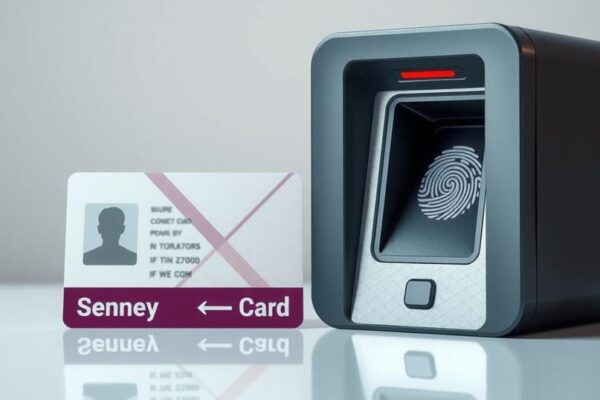
Missouri Moves Closer to Enacting Biometric Privacy Legislation
Missouri is moving toward enacting its Biometric Information Privacy Act, with three key bills passed in their second readings. These bills aim to regulate how biometric data such as fingerprints and facial recognition can be collected, stored, and used, establishing clear guidelines and requiring explicit consent. The act addresses privacy concerns while offering an enforcement…











